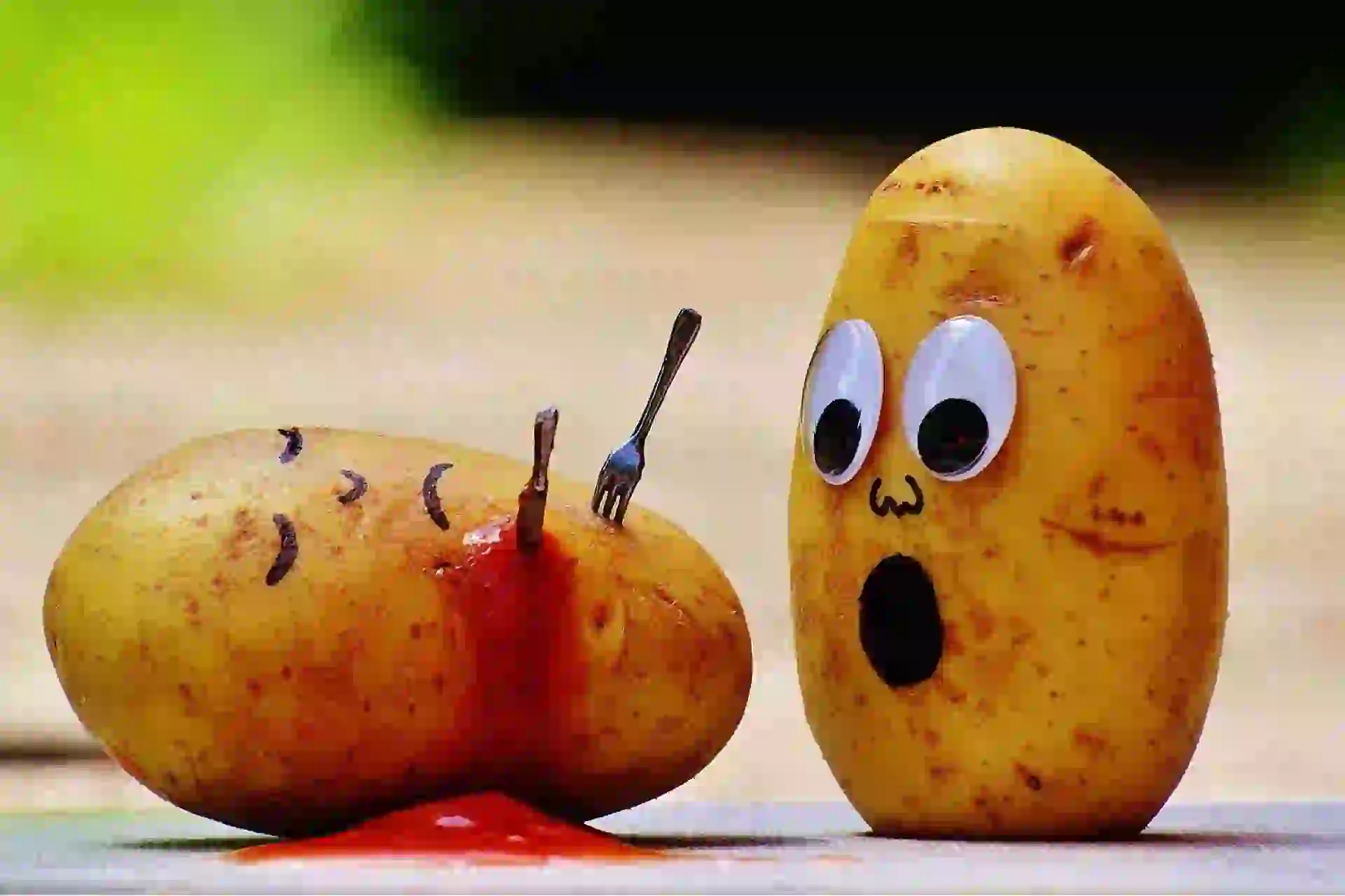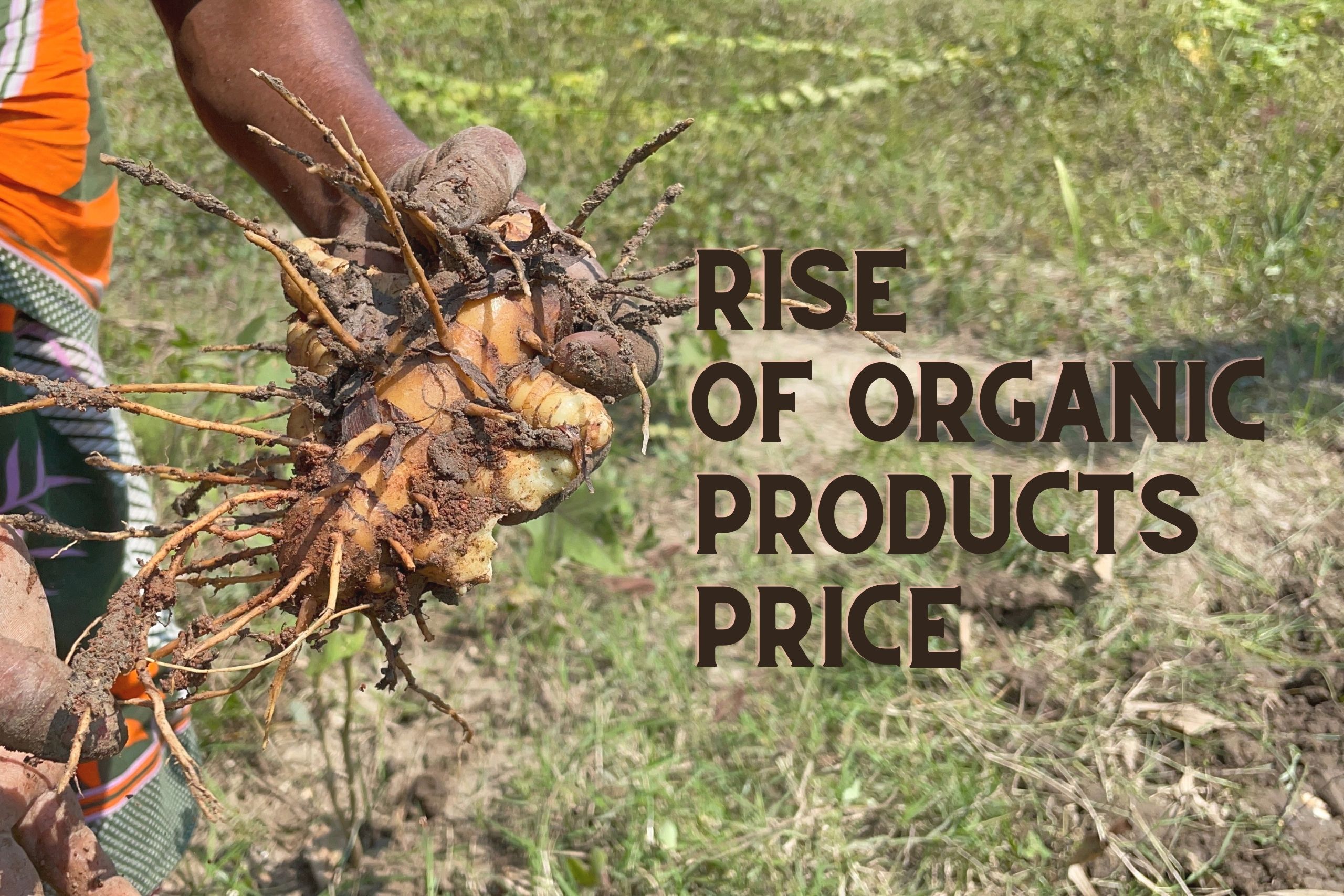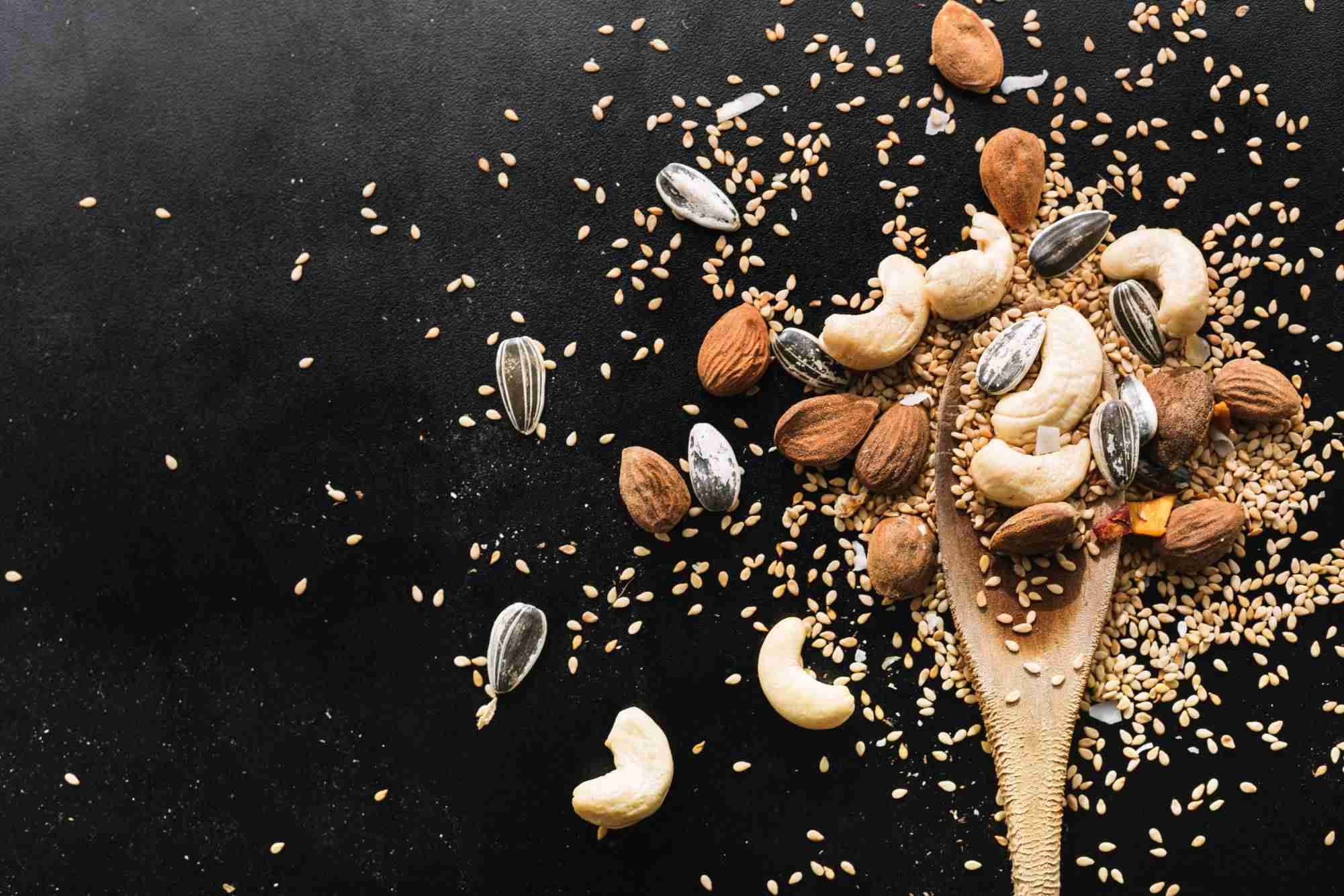As a common public, we are also involved in corruption. Are we corrupt? This question may arise in your mind.
We less likely think about how much of food and food products are being wasted every year. Food and agricultural organisation is a branch of United Nations organisation, they have reported that one-third of the food in the world is being wasted. And around 40% of food is wasted in India, which is approximately one lakh crore Rupees.
Mother Teresa:
Once Mother Theresa, was attending a function conduted by a rich industrialist. Looking at the food being wasted in the function, she started gathering it. On observing this scene, the rich man told her to take fresh food, as much as she want. But Mother Theresa replied with a smile, the food that is wasted here would feed thousands of people who suffer in hunger and poverty.
We request the common people reading this, when you attend any wedding or function, don’t keep extra food on your plate and waste it, also try to collect the extra food and serve it to the poor and needy.
Food waste:
Food is wasted in various ways such as:
- At harvest time
- During transport
- At processing stage and preserving stage
- Packing and packaging.
- During and after cooking.
During the harvest:
Some amount of grains are being wasted during harvest time. For example in about 100 acres of agricultural land, about 10kg of grains might be wasted.
10 kg / acre * 100 acres = 1000 kg, which is now a ton. Imagine the food being wasted during harvest all over the world, though one part of it is being eaten by birds and animals.
During Transportaton:
Transportation sector plays a major role in transporting food to different places.
Roughy 15kgs of grains are wasted per 21000 kgs. If we consider 100000 trucks carrying 21000kgs of different grains, then roughly 1500000 kgs of grains are being wasted during transportation
At processing stage and preserving stage:
Warehouses in India are limited district wise and state wise. Refrigirated warehouses and non-ventilated warehouses are not widely available. This increases the chances of food wastage that are produced in large quantities.
Packing and packaging:
Lots of food is thrown when they cross the expiry date. This not includes the cost of food but also includes the transporation and packaging cost.
During and after cooking:
We waste a lot of food while cutting, cooking and turning them into a dish. We cook in excess and store it in fridge and waste it most of the time.
For producing 1 Kg of rice, we need roughly 2497 liters of water. Along with that, we also waste farmers labor charge, transportation and storage cost.
Before you waste food, think about the process it has undergone, before reaching your plate.
Solution:
- Strict laws should be implemented to avoid wastage of food.
- Shopping complex and restaurants in Sweden / Germany , send the food that are about to expire to orphanages and other needy people. Otherwise they produce bio gas and electricity from it. Their government has strict rules and fine on people who waste food.







